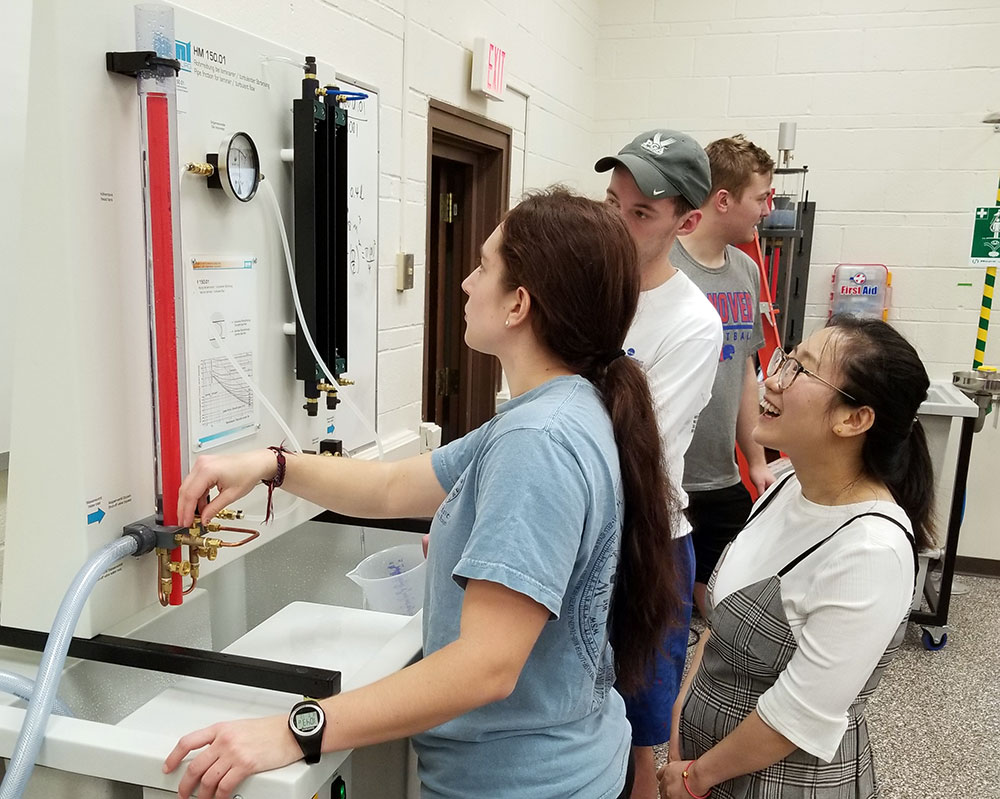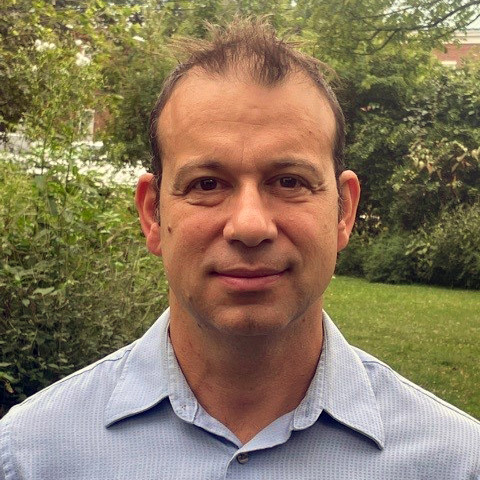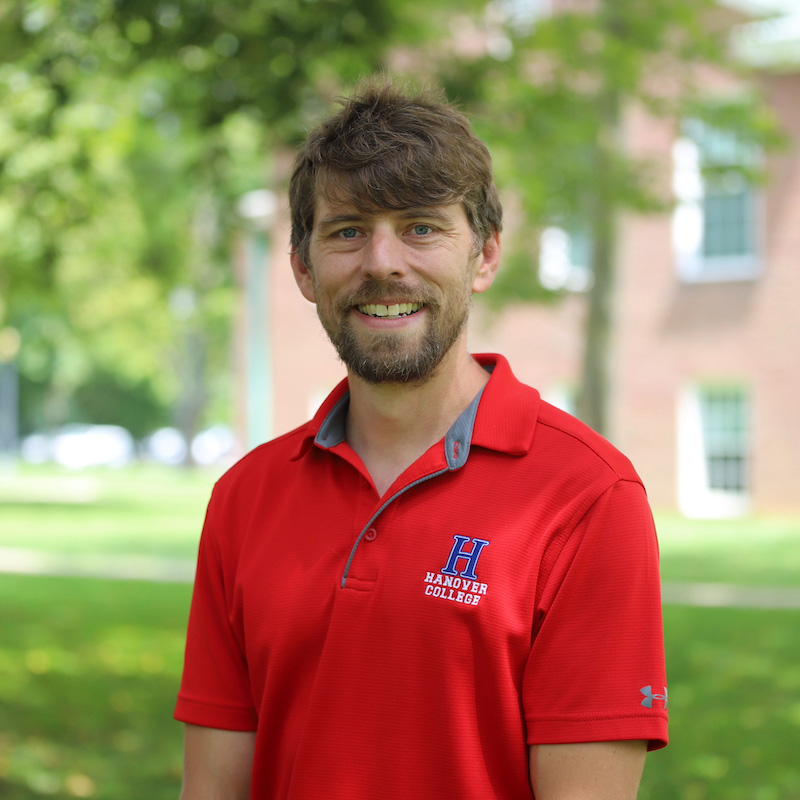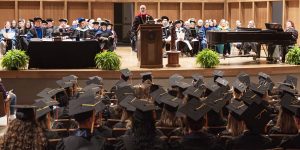Academics at Hanover:
From the Pyramids and Roman aqueducts to the steam engine, spaceship, and smart phone, engineering is how we have been applying science to create structures and machines and transform the world around us.
Engineering at Hanover offers you a rigorous and broad education, emphasizing both analysis and practical skills. You will learn in small classes, engage with supportive faculty members who are committed to your success, conduct research and present your results, gain work experience with our industry partners and have the opportunity to study abroad.
LEARNING ENGINEERING AT HANOVER COLLEGE

Our mission:
We offer an excellent grounding in the ideas, skills, and experience of engineering within a liberal arts environment, so that students can succeed in their profession, function across disciplines, provide leadership, and make positive contributions to society.
We emphasize critical thinking and creative problem solving that foster innovation. We challenge our students to collaborate, communicate effectively, complete research projects, and receive career training before graduation.
We cultivate love for lifelong learning as an essential means to thrive in a world of constant change. We encourage students to pursue further studies or careers with confidence and insight, a broad perspective, and a profound appreciation for what makes us human.
Our strengths:
- You learn in small, dynamic classes one-on-one with experts who unlock your potential and develop your professional skills.
- You can join a research or work internship (or co-op), and receive academic credit.
- You expand your horizons through visits and guest lectures by our industry partners.
- You enjoy the benefit of the integration of engineering with science and the liberal arts. There is an increasing US and global demand for broadly educated engineers.
- You have the opportunity to study abroad.
DEGREE PATHS AND CAREERS
The engineering department offers two engineering degrees:
1. A Bachelor of Science degree in Engineering
This multi-disciplinary engineering degree features a curriculum that prepares students to pursue career paths in engineering or applied science working in industry, research or entrepreneurial endeavors. This degree allows students to tailor their engineering curriculum with elective courses to expand their education beyond a single area of engineering.
2. A Bachelor of Arts degree in Engineering Science.
Engineering science provides an interdisciplinary education in mathematics, science and engineering. While not designed to be ABET accredited, this highly-flexible degree requires ten fewer courses than the BS, which allows students to take classes from Hanover’s full range of majors, such as business, economics or art and design. In doing so, they can effectively prepare for careers in technology management, product design, public service, business or entrepreneurship.
BEYOND THE CLASSROOM (RESEARCH, INTERNSHIPS, CO-OPS)
Professors have an active research agenda and engage students with projects. You will have the opportunity to present your research on campus and in professional conferences.
You can earn academic credit for a summer internship or a more extensive co-op. In particular, Hanover College corporate partners offer a unique opportunity to qualified engineering majors to acquire work and research experience through a four-month co-op. This extends over a spring term and the subsequent summer, and so students can complete it and still graduate in four years. Because of a strong local business representation, students have the option to avoid relocation.
Experiential opportunities also include spring-term travel, field trips, and study abroad opportunities.
The engineering department can also offer paid employment to majors as tutors or lab assistants.
Executive Involvement
The engineering program is supported by the Engineering Advisory Board. This is a team of corporate, research, government and civic leaders who help guide the continued growth and development of the Engineering Program. The Board:
- Identifies competitive advantages of the program and key factors of success. Advises on effective marketing and recruiting strategies ranging from local to international.
- Assists in developing a broader network of engineers and executives who promote the engineering program and create opportunities for students, including internships, co-ops, workshops, networking events, class visits, guest lectures, skill development and career preparation.
- Addresses issues of strategic growth including collaboration with other institutions, foundations, and industries, upgrading of facilities and equipment and development of new programs and research.
- Monitors and evaluates the engineering program.
- Helps raise funds to build and maintain the program.
- Advises on education enhancement, curricular issues in terms of employer needs, technology transfer and contribution to the broader community.
The program relies on alumni, engineering, and executive involvement. If you are interested in becoming involved with the engineering program, please contact Jeffrey Phillips at phillipsj@hanover.edu.
Foundation Support
Generous support has been provided by the Duke Energy Foundation.
Accreditation
We were approved by the Higher Learning Commission in February 2018 to offer a BS in Engineering and a BA in Engineering Science. Our BS in Engineering degree was reviewed by Engineering Accreditation Commission (EAC) of the Accreditation Board for Engineering and Technology (ABET) during the 2021-22 academic year and was awarded accreditation retroactive to October 1, 2019.
COURSES
Faculty
 Jeffrey Phillips
Director of the Hanover College Engineering Program and Assistant Professor of Engineering and Montgomery Professorship in Engineering
812-866-7306
phillipsj@hanover.edu
Jeffrey Phillips
Director of the Hanover College Engineering Program and Assistant Professor of Engineering and Montgomery Professorship in Engineering
812-866-7306
phillipsj@hanover.edu








